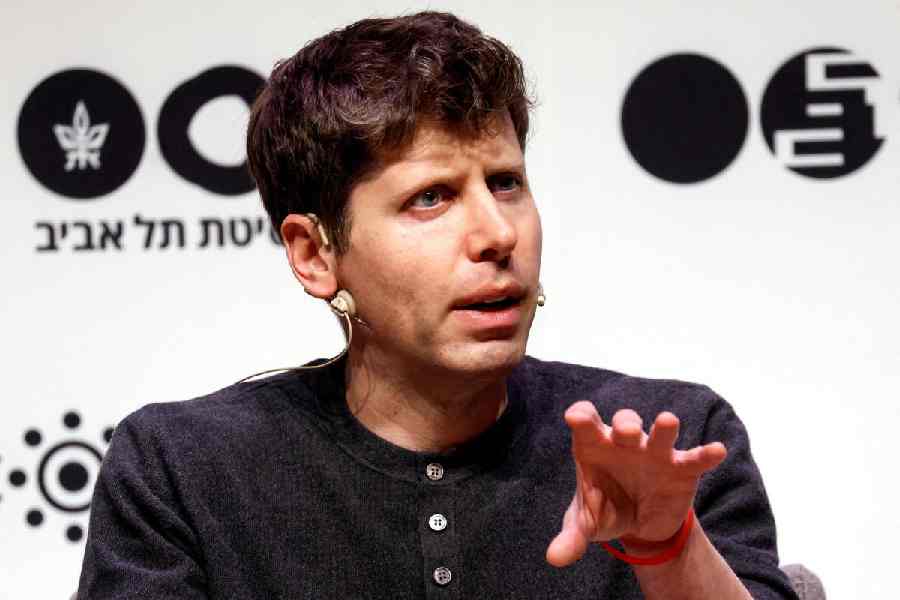It has not been a case of ‘Ctrl + Alt + Del’ for Sam Altman at OpenAI, arguably the world’s most sought after Artificial Intelligence technology firm at the moment. On November 17, OpenAI’s board of directors fired Mr Altman quite suddenly. Greg Brockman, president and co-founder of OpenAI, resigned in solidarity with Mr Altman. Microsoft, which has invested in OpenAI, responded by announcing that Messers Altman and Brockman would lead a new team dedicated to advanced AI research. Things got even worse for OpenAI when the majority of the company’s employees threatened to resign and follow Mr Altman to Microsoft. Unsurprisingly, Mr Altman was reinstated as OpenAI’s chief executive while two members of the board — both women — who had found Mr Altman’s conduct to be wanting in terms of transparency, have been removed.
Corporate intrigue, dismissals, and retaliation are par for the course in the realm of tech firms. But it would be a mistake to view the developments in OpenAI as merely a boardroom battle. This is because the push and the pull factors in this case have broader implications. One of the reasons for Mr Altman’s initial ouster, reports suggest, was his unwillingness to be forthcoming about the potentially disruptive role that emerging AI technologies would play in the coming days. It must be mentioned that Mr Altman is very much portrayed, rightly or wrongly, as the totem of the AI revolution. Microsoft’s reaction and Mr Altman returning to the helm at OpenAI could thus be suggestive of two things. First, the voices advising caution appear to have been elbowed out from OpenAI's boardroom; second, the shake up is bound to lead to the prioritisation of the commercial potential of AI technology over other considerations. The question is whether other technology firms would choose to emulate the profiteering model that OpenAI seems to be pursuing by marginalising the need to invest in safety standards. If they do, as is likely, the world should gear up for a bruising conflict between technology corporations and major nation-states — the United States of America, China and the European Union countries, among others — that, thus far, have been votaries of regulation and oversight. Incidentally, 28 nations inked a pact to minimise the risks of AI at a recent conference in the United Kingdom. It would be interesting to see which side developing economies like India choose in this unfolding battle.











